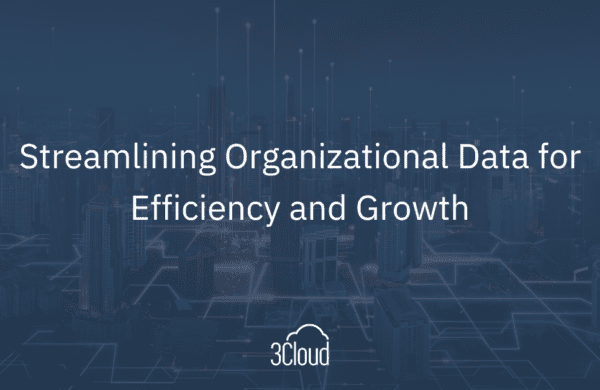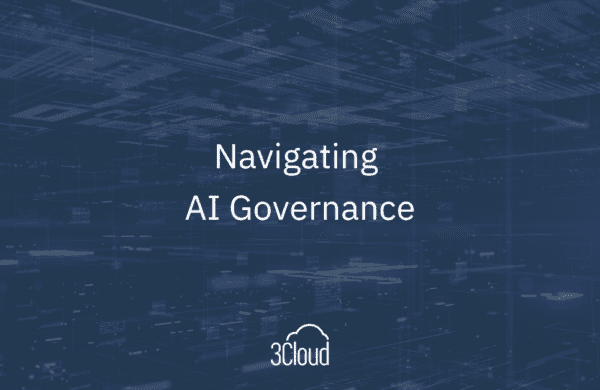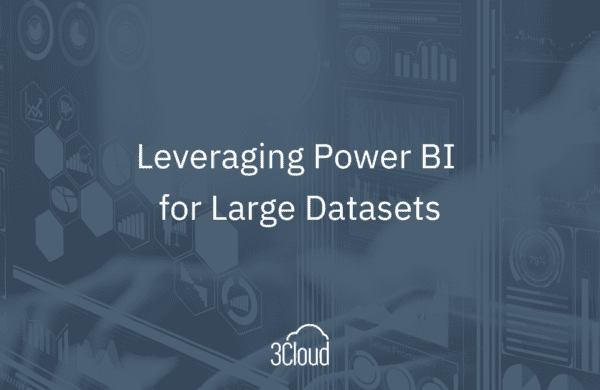Looking to migrate to a database in the cloud, but not sure about your options? In this post, I’ll continue with my look at the world of databases in Azure. My focus here is on Azure Database for PostgreSQL and cover the areas of purpose, platform and pennies (cost).
Purpose
- This is a great database with some more capability than others. A viable target for any of your PostgreSQL workloads, so if you’re looking to migrate it’s a great opportunity to bring those workloads to the cloud.
- We see a lot of workloads using Azure Database for PostgreSQL around retail and ecommerce solutions especially built on open source technologies.
- In Postgres, you can also target your Oracle migrations. If you have Oracle workloads that you want to migrate to Azure, but you don’t want to convert to a SQL Server based solution, Postgres is more compatible with the work in Oracle and with making some more clean migration patterns.
Platform
- This is a Platform as a Service (PaaS) technology.
- It takes advantage of all the key pieces that are part of the underlying Azure relational database platform. It provides the same level of reliability across all those platforms.
- Supports the open source databases in SQL Server.
- It provides reliability across all those platforms, and has built in high availability and provides backups as you go along.
- With Microsoft’s purchase of Citus, this will be supporting hyperscale on the platform although this is still in preview, making it a unique space within the SQL database platforms.
- As this is an Azure platform, when you work in open source Microsoft provides the Azure IP advantage. This is a protection solution if there is an occasion of a patent or any lawsuit arises within open source.
Pennies
- The primary pricing model is a V-Core model with three tiers: basic, general purpose and memory optimized.
- General purpose will meet most of your needs. But if you have a scenario where you need memory, with the memory optimized tier you can add more memory and get into higher level capability.
- Hyperscale (in preview) will allow you to scale out to large databases. When looking at some of the Oracle workloads that may come to PostgreSQL in the future, this is where I see hyperscale coming into play where I need things like performance or a larger surface area for storage; this will be supported very well within hyperscale. If you’re interested in this, please go check it out. As it’s in preview, we don’t have pricing on this yet, although it will be priced per node.
- When paying for Postgres and using replicas, you will have to pay for those replicas.
- Advanced threat protection is also available as an add-on.
Need further help? Our expert team and solution offerings can help your business with any Azure product or service, including Managed Services offerings. Contact us at 888-8AZURE or [email protected].




